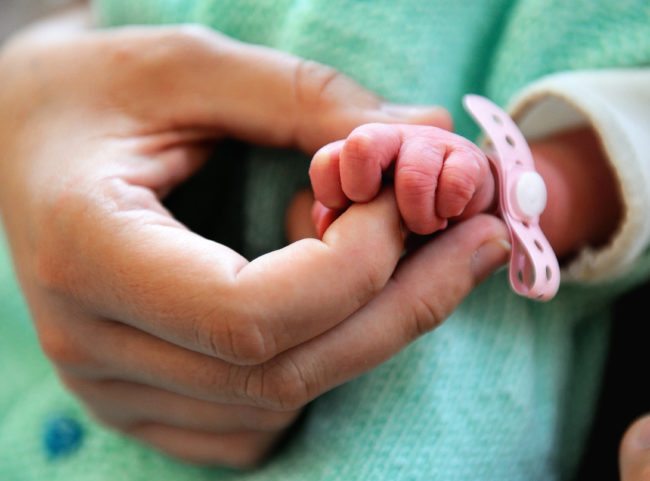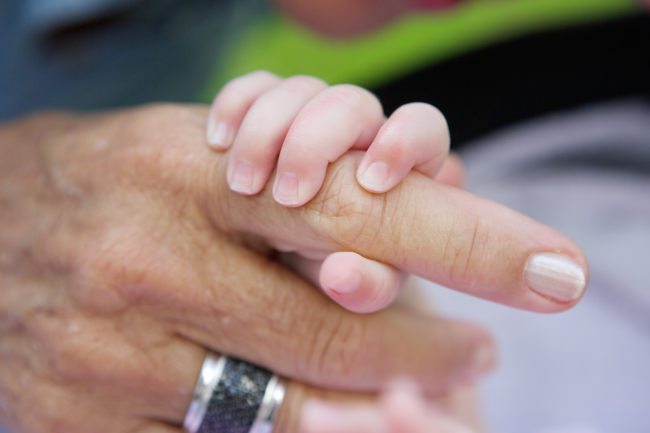Finland allows babies to legally have two mothers as soon as they are born

Stock image of a baby
The country’s parliament approved the citizens’ initiative to change the law which means two mothers can be recognised as the mothers of a baby from birth.
The change in law will mean a child’s two mothers can be legally recognised as mothers from the moment a baby is born.
The initiative was approved on Wednesday.
It means the Maternity Act is amended to apply to same-sex partnerships if one of the women uses fertility treatment in order to have a baby.

Currently the woman who does not give birth to the baby must legally adopt the child in order to legally become a parent.
Those backing the new law have argued that the way the law currently stands means the process is long, expensive and degrading for the mother who does not give birth to the baby.
The citizens’ initiative was backed by 122 MPs with 42 voting against.
One party, the Christian Democrats, unanimously opposed the change in the law.
It is expected that the change will take effect in spring 2019.

The debate will be held in Parliament on Friday (Photo: Wikmedia Commons)
Same-sex marriages finally were able to begin on 1 March 2017 after a previous citizens’ initiative meant the marriages could begin.
Finns have had a long wait for marriage equality, with weddings coming several years after the Finnish Parliament first passed a citizens’ initiative on same-sex marriage way back in 2014.
The two-and-a-half year delay was down to complexities in the process required for the legislation to become law, while opponents of equality also staged a plot to derail the plans at the eleventh hour last month.
The Parliament later voted down efforts to reverse same-sex marriage.

(Getty)
The country’s President Sauli Niinistö signed marriage legislation into law a few months later, paving the way for weddings to begin on March 1.
But the law, which came about as a result of a public Citizen’s Initiative petition signed by over 167,000 voters, was under threat from a rival initiative signed by opponents of same-sex marriage which passed the 50,000 signatures required for a parliamentary debate.
The country’s parliament voted down the petition on with 120 votes to 48.
The government of Finland later decided to keep rules that force the sterilisation of trans people who wish to change their legal gender.

(mimagephotography)
In a disappointing blow to trans activists, the Finnish government decided on August 25th to not implement the recommendations of the United Nations Human Rights Council.
The Human Rights Council had previously recommended amending the “Trans Act” which requires sterilisation prior to changing a legal gender.
The act also forces the classification of transgender people as suffering from “transsexualism.”
Two other Nordic countries, Denmark and Sweden, had similar conditions for gender recognition, but have dropped these requirements in the last few years.

